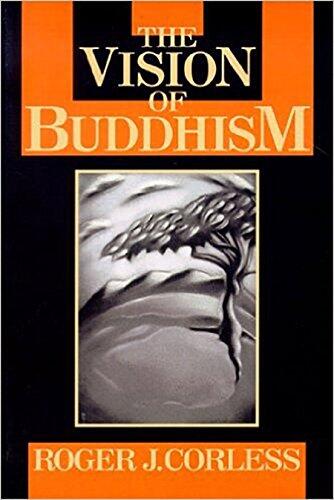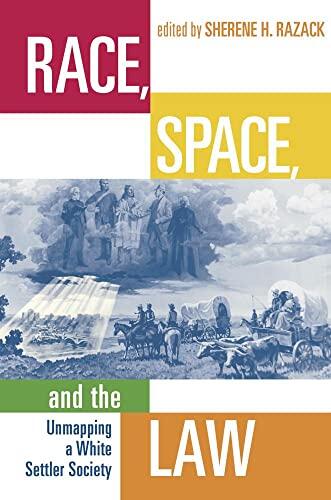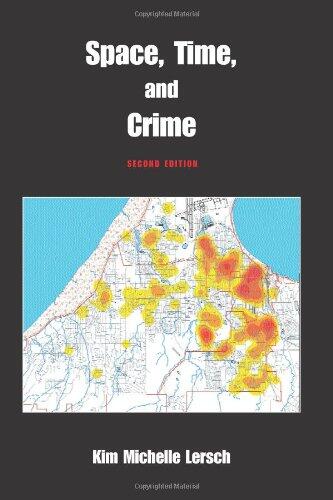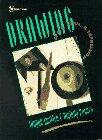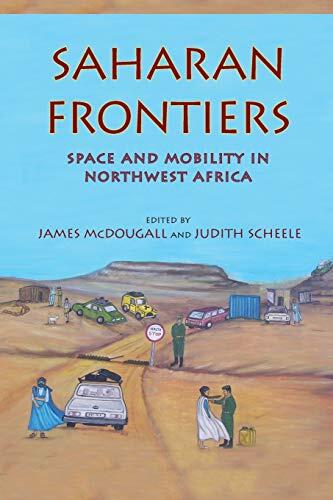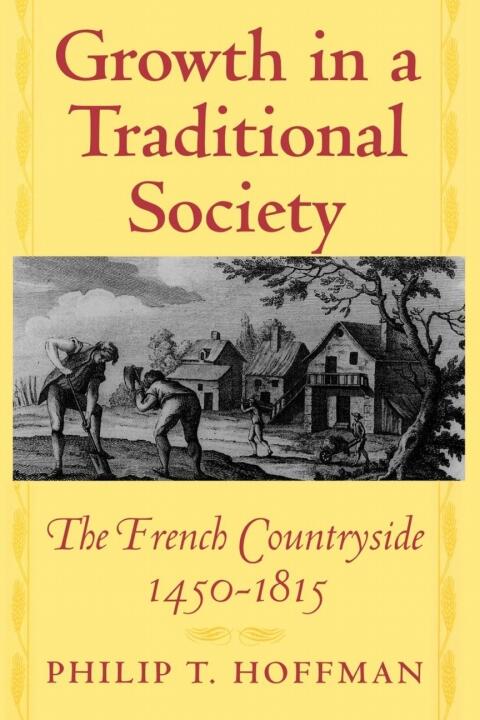
Growth in a Traditional Society: The French Countryside, 1450-1815
Aún sin calificaciones
History
Formato
Kindle
Páginas
362
Idioma
Inglés
Publicado
Jan 1, 2018
Editorial
Princeton University Press
Edición
2
ISBN-10
0691187207
ISBN-13
9780691187204
Descripción
Philip T. Hoffman challenges the prevailing notion that traditional agricultural societies were stagnant and unchanging from the late Middle Ages through the early modern period. By meticulously examining the dynamics of the French countryside between 1450 and 1815, he reveals a landscape marked by significant economic and social developments. Hoffman's analysis showcases how farmers, despite facing numerous obstacles, innovated and adapted their practices to enhance productivity and respond to market demands.
Through a blend of historical narratives and economic data, Hoffman illustrates the complexities of rural life and the interconnections between agriculture, regional markets, and broader economic trends. He highlights the role of local governance, land ownership arrangements, and agrarian technologies in shaping the growth and resilience of rural communities in France. In doing so, he offers a nuanced understanding of how tradition and change coexisted in this pivotal period of history.
This work not only contributes to the field of economic history but also provides valuable insights into the societal transformations that accompanied the rise of early modern Europe. Hoffman's conclusions encourage readers to rethink the historical trajectories of rural populations and recognize their essential contributions to the evolution of early capitalist economies.
Through a blend of historical narratives and economic data, Hoffman illustrates the complexities of rural life and the interconnections between agriculture, regional markets, and broader economic trends. He highlights the role of local governance, land ownership arrangements, and agrarian technologies in shaping the growth and resilience of rural communities in France. In doing so, he offers a nuanced understanding of how tradition and change coexisted in this pivotal period of history.
This work not only contributes to the field of economic history but also provides valuable insights into the societal transformations that accompanied the rise of early modern Europe. Hoffman's conclusions encourage readers to rethink the historical trajectories of rural populations and recognize their essential contributions to the evolution of early capitalist economies.
Reseñas
No hay reseñas aún
Sé el primero en reseñar este libro y compartir tus pensamientos
Añadir Primera ReseñaRegistro de lectura
No se encontraron registros de lectura
Empieza a rastrear tu progreso de lectura para ver los registros aquí
Agrega tu primer registro de lecturaNotas
Registro de transacciones
No se encontraron registros de transacciones
Empieza a rastrear tus transacciones de libros para ver los registros aquí
Agrega tu primer registro de transacciones

